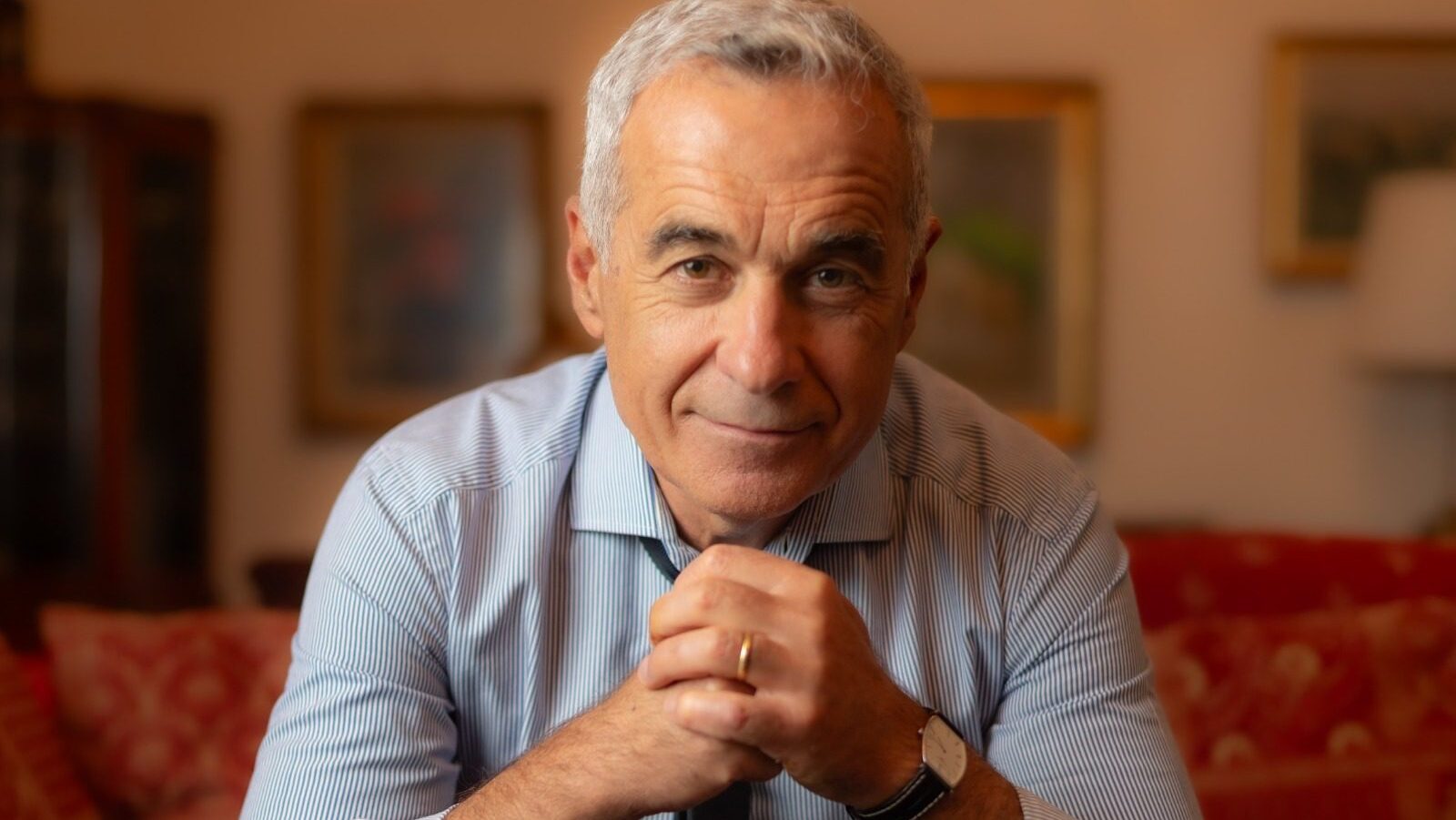
Călin Georgescu
Photo: Călin Georgescu on Facebook, 13 October 2024
How does the Brussels political centre explain away yet another defeat, this time in Romania? By blaming social media—this time, TikTok rather than Twitter—for allegedly misleading gullible voters.
MEP Valerie Hayer, head of the liberal Renew group, has called on TikTok CEO Shou Zi Chew to appear in front of the European Parliament and answer questions about the risks of political abuse on his platform following the shocking victory of a little-known independent candidate in the first round of Romania’s presidential election on Sunday.
In a Tuesday press conference, Hayer called on the TikTok CEO “to speak in this house and to ensure his platform conducted to no infringement under the DSA”—referring to the EU’s rulebook for online content, the Digital Services Act (DSA).
“Romania is a warning bell: radicalization and disinformation can happen all over Europe with harmful consequences,” she added.
Election winner Călin Georgescu has been described as a “radical populist” and “ultranationalist” both domestically and abroad, which in this case may be more than your average leftist fearmongering, given that Georgescu was deemed too extreme even for his former party, the right-wing AUR.
The liberals have more skin in the game than any other parliamentary groups in Brussels, as Georgescu’s challenger in the runoff on December 8th will be a former TV anchor-turned-mayor, Elena Lasconi, representing the Renew member liberal-progressive USR.
There’s no doubt pollsters failed miserably by predicting that Georgescu would end up in fourth to sixth place with single-digit support, but that still hasn’t put us closer to explaining how an independent technocrat with virtually no media presence managed to climb to first place with 23% of the total vote.
Georgescu has some 300,000 followers on TikTok and his posts were liked nearly four million times, but it wasn’t just his own account involved in the campaign. Just since September, the hashtag #călingeorgescu racked up a whopping 120 million views on TikTok.
“We believed that Tiktok was misused and was led to be misused by [Georgescu] and an army of fake accounts that were used for his purpose,” said Bogdan Manolea, executive director of the Romanian Association for Technology and Internet. TikTok should have been aware of the “wave of thousands of fake accounts” spreading pro-Georgescu content, he said, and therefore, it should be held responsible under the DSA.
Paid political advertising isn’t allowed on TikTok according to its terms and conditions, but users can “share political content organically.” Observers now accuse the site of using “volunteers” or hidden transactions to circumvent this rule. Georgescu has repeatedly stated that he spent no money on his campaign at all, but influencers have told Romanian media that they have been paid by his team to promote him and his content.
There is nothing, however, to indicate the involvement of Russia or any other state actor. That initial suspicion arose because Georgescu has made it very clear that he was sympathetic to Putin’s regime several times, and one of his main foreign policy objectives is limiting NATO’s presence in the country, including potentially halting the ongoing construction of the alliance’s largest military base in Europe, located in near the Black Sea coast of Romania.
